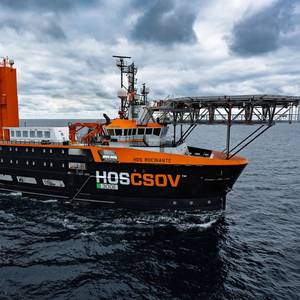
Eastern Shipbuilding Group (ESG) completed and redelivered HOS Rocinante, a first-of-its-kind U.S.-flagged Service Operation Vessel (SOV) converted for Hornbeck Offshore Services.The vessel marks a milestone in the evolution of the U.S. offshore service fleet to be future-ready for both the offshore wind and petro-energy sector demands for broadly capable marine support vessels.
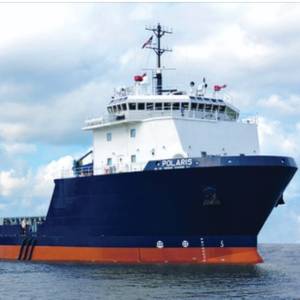
As oil exploration and production goes, so goes the market for Offshore Service Vessels (OSVs) and Platform Supply Vessels (PSVs). Throughout 2025, the prices of oil- which drives exploration and production (E & P), have softened, moving down towards $60/barrel amidst economic uncertainty and a wider than anticipated opening of the taps by major oil producers.
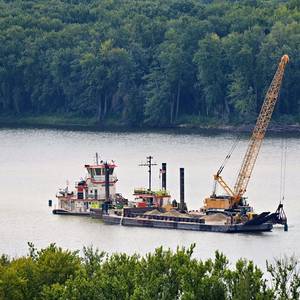
The American Association of Port Authorities (AAPA) and a broad coalition of every donor and energy transfer port have sent the House and Senate Appropriations Committees and the Energy and Water Development Subcommittees leaders a letter, urging them to reverse a funding diversion and restore critical support for ports through the FY2026 appropriations process.
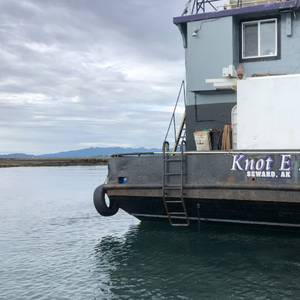
The federal district court in Anchorage, Alaska, has entered final judgment against three Kodiak-based commercial fishing companies and their manager for multiple violations of the Clean Water Act.The court entered default judgments against company manager Corey Potter and F/V Knot EZ LLC, Aleutian Tendering LLC, and Alaska Tendering Company LLC, and imposed a civil penalty of $1,182

How can the global energy grid keep pace with fast-growing demand from new data centers supporting artificial intelligence (AI) and cloud computing? Nuclear energy and coastal waters offer a potential answer.The potential for floating nuclear-powered data centers is explored in depth in the latest research from ABS and Herbert Engineering.

Scientists at the UK’s National Oceanography Centre (NOC) in Liverpool have used satellite data to create insight into the Mersey River that will help port operators be smarter about managing complex navigation channels. Through a project focused on Liverpool’s famous river and funded by the UK Space Agency

Traders have rebranded more than $1 billion of Venezuelan oil shipments to China as Brazilian crude over the past year, according to two tanker tracking firms, company documents and four traders, helping buyers to cut logistics costs and circumvent U.S. sanctions.Independent refiners in China are the main buyers of seaborne oil shipments from countries sanctioned by the United States
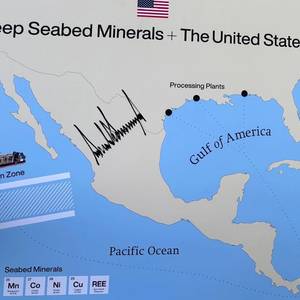
Deep-sea mining firm The Metals Co asked the Trump administration on Tuesday to approve its plans to mine the international seabed, making it the first such company to seek the government's permission to operate outside U.S. territorial waters.Last week President Donald Trump signed an order aiming to jumpstart mining in both domestic and international waters in an attempt to boost U.S.

The superyacht that sank off Sicily last year, killing British tech tycoon Mike Lynch and six others, will be lifted out of the water next month after its mast is dismantled, people close to the matter said on Tuesday.The recovery of the British-flagged Bayesian, lying on its right side at a depth of around 50 metres (164 feet)

The White House is weighing an executive order that would fast-track permitting for deep-sea mining in international waters and let mining companies bypass a United Nations-backed review process, according to two sources with direct knowledge of the deliberations.If signed, the order would mark U.S.
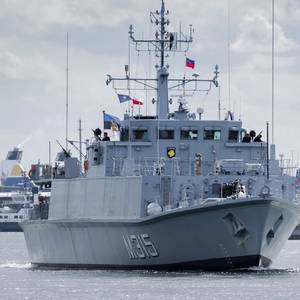
Estonia's navy is prepared to act against vessels that pose a danger to Baltic Sea infrastructure even if they are in international waters, a senior official patrolling the busy Gulf of Finland shipping lane said.The Baltic Sea region is on alert and the NATO alliance has boosted its presence after a series of power cable, telecom and gas pipeline outages since Russia invaded Ukraine in 2022.

The domestic passenger vessel answers the call for cleaner and more efficient platforms. It is truly an electric time to be a part of this niche industry.In the shadow of a rapidly changing political landscape, the domestic passenger ferry sector is nevertheless seeing an increasing number of newbuild vessel orders.